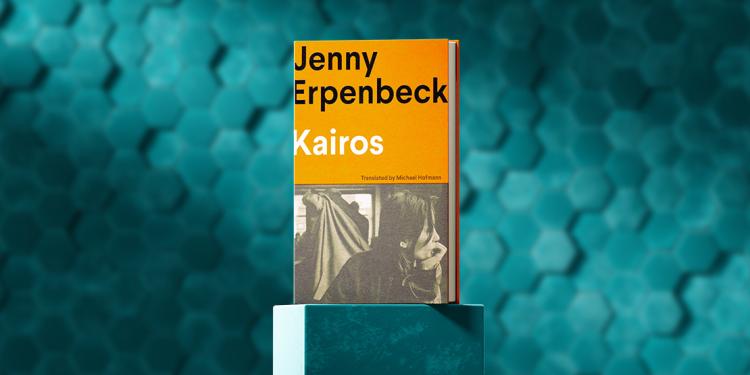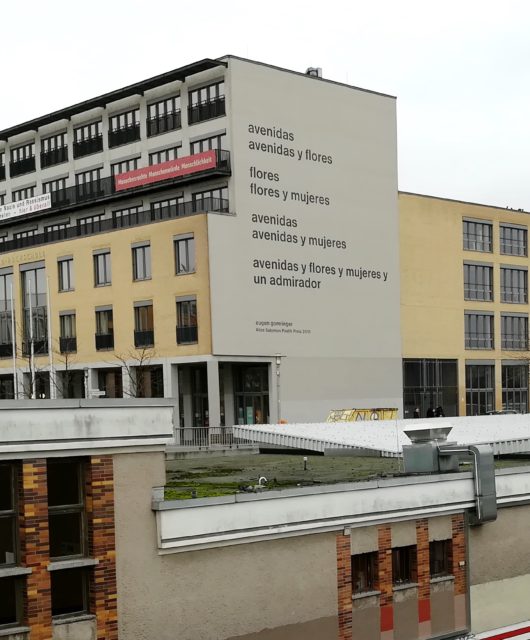Why are translators so important, and what does the International Booker Prize do to support them?
Since 2015, the International Booker Prize promotes translated fiction in English by awarding a prize of £50,000 to the best-translated book of the year. The award has brought awareness to the importance of world literature and has helped to give it a place in mainstream reading habits. But how does it work exactly?
Every work of fiction translated in the UK into English during the previous year is eligible for the prize. All the books submitted are read and discussed by a jury, who then compiles a longlist of thirteen books. Shortly after, the judges announce a shortlist, namely the best six books out of the longlist. Then, at last, the winner is revealed in a ceremony livestreamed worldwide. And this is in what sense this award differentiates itself from many others: the monetary prize is equally divided between the writer and the translator, emphasising the importance of both.
The International Booker Prize 2024
On the 21st of May, this year’s winner was announced. The longlist included works from all over the world, for example Sweden, Brazil, and South Korea. But the novel taking the prize home was Kairos, written by German author Jenny Erpenbeck and translated by Michael Hofmann.
The novel takes place in 1986 Berlin. It narrates the intimate lives of a young university student and an older man, and their relationship in the background of a divided and changing city. Their private love story contrasts continuously with the greater narrative of the political unrest of East Germany. The judges of the Booker Prize have commented that “what makes Kairos so unusual is that it is both beautiful and uncomfortable, personal and political.”

Jenny Erpenbeck and Michael Hofmann
Another vital theme of the novel is the importance of language, as Jenny Erpenbeck herself emphasised in an interview with the Booker Prize. In the story, as well as in real life, language is able to express feelings but also to betray them. The author also stressed the importance of translations: Erpenbeck believes that translations allow readers to discover other worlds and lives, and make them realise that these distant lives are not so different after all, as we are all human beings living on the same planet.
The importance of translators
Translators are often overlooked when a work of literature is praised; sometimes, their name is not even on the book cover, seemingly disregarded. But their importance is irrefutable. Translators offer bridges between languages and worlds by revealing stories from distant places that we would not be able to read otherwise. Because of their work, we can discover new cultures and ways of thinking by simply reading a book.
Translations have always existed as long as two different cultures met and wanted to understand each other. And translations from Italian, French, or Russian into English have been prominent for centuries. But in recent years, the range of translated languages has opened immensely: it becomes less and less rare to see a section of “Japanese translated fiction” in a bookstore, or to find books translated from Farsi or Thai into English. Slowly, we are getting access to stories that have not been told to us yet. As Anton Hur, translator of Sang Young Park’s Love in the Big City, writes: “I translated [this book] because no one had told this story before, and it was my story.”
Contrary to what some people believe, translation remains an art form that, for now and hopefully for a long time, cannot be replaced by artificial intelligence. While machines have a larger range of words and synonyms than any human person, and they can translate a text word for word, they do not possess the ability to understand the intrinsic meaning meant by the author. Angela Roder, translator of last year’s International Booker Prize winner Time Shelter, beautifully explained this by saying: “Especially now in the day and age of machine translations, it’s really important to understand why human literary translators are so necessary, because we’re not just translating words, we’re translating cultures, we’re translating ideas, emotions. And especially now when there’s so much conflict in the world, international literature is what gives us empathy, it gives us an understanding about how other people live, believe, think, feel.”

Kairos by Jenny Erpenbeck
The work of a translator is an artistic work in itself: they have to transport both the meaning and the way a story is expressed to another language and culture, which most likely has a very different worldview and intrinsic knowledge. Ken Liu writes in his translation of The Three Body Problem that “the best translations into English do not read as they were originally written in English. The English words are arranged in such a way that the reader sees a glimpse of another culture’s patterns of thinking, hears an echo of another language’s rhythms and cadences, and feels a tremor of another people’s gestures and movements.”
All of this is the work, and therefore the importance, of a translator. While often overlooked, the International Booker Prize has found a way to celebrate them alongside authors and allow translated books to gain as much popularity as English books. And its efforts have already borne fruit by drastically increasing the amount of translated fiction read in the UK and hopefully worldwide.






